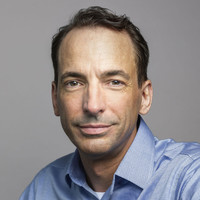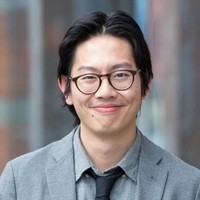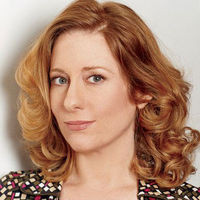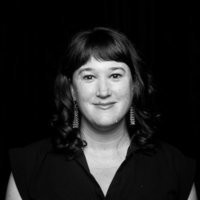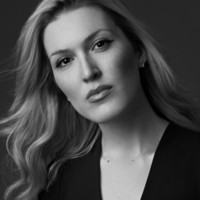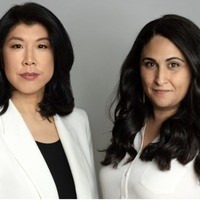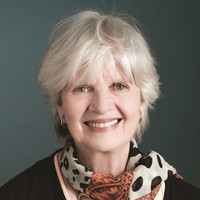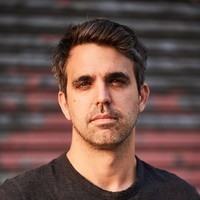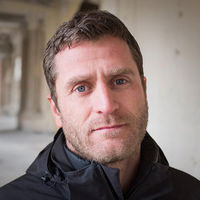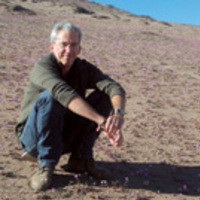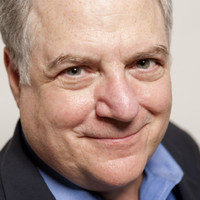Paul Tough is a contributing writer to the New York Times Magazine and the author of The Years That Matter Most: How College Makes or Breaks Us.
“The nice thing about a book as opposed to a magazine article is that it’s less formulaic. As a writer, it gives you more freedom — you’re trying to create an emotional mood where ideas have a place to sit in a person’s brain. And when people are moved by a book, it’s not by being told, ‘Here’s the problem, here’s the answer, now go do it.’ It’s by having your vision of the world slightly changed.”
Thanks to MailChimp and Pitt Writers for sponsoring this week's episode.
